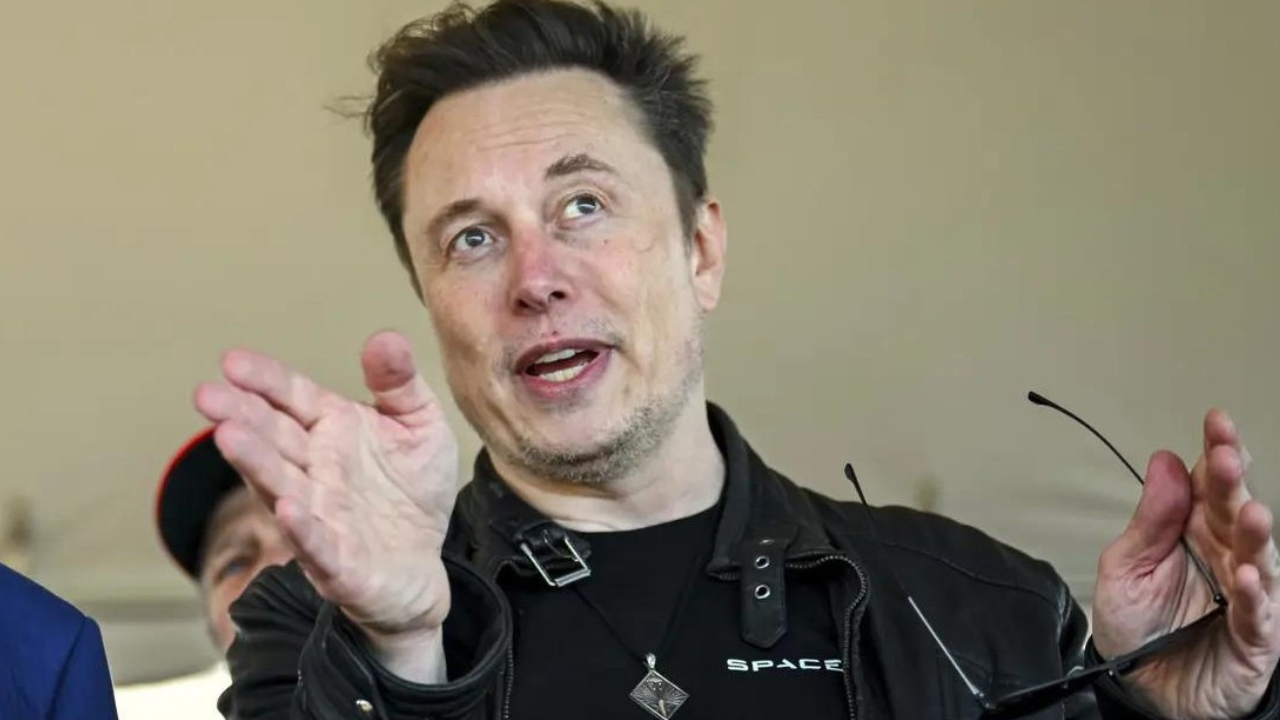Elon Musk's Controversial H-1B Visa Reform Proposal: A Closer Look
Elon Musk, the tech visionary behind Tesla and SpaceX, has recently ignited a firestorm of debate with his proposed reforms to the H-1B visa program. His surprisingly MAGA-defying stance has split the Republican party, but also left the American public wondering, "What's really going on with H-1B?"
This article delves into the specifics of Musk's proposal, exploring both the potential benefits and drawbacks, and examining the broader implications for American workers, the tech industry, and the immigration system.
Musk's Two-Point Plan: A Costlier H-1B Visa
Musk's plan, a remarkably simple, two-pronged strategy, boils down to raising the cost for companies using the H-1B visa program. This approach fundamentally challenges the current system, where employers often prefer H-1B visas due to lower labor costs than hiring Americans. This move has naturally stirred opposition within the party that prioritizes American jobs, but its impact could have ripple effects in the immigration policies themselves.
Increased Minimum Salaries for H-1B Workers
One key element is a substantial increase in the minimum salary for H-1B workers. By significantly raising the required salary, companies would be forced to pay a premium to hire foreign talent, making American hires a comparatively less expensive and thus possibly, more appealing option.
Annual Maintenance Fees
Adding an annual maintenance fee for each H-1B visa creates an extra expense for employers who already shell out significant sums for processing the visas initially. The cumulative effect of increased salaries and annual fees adds to the operational expenditure, changing the business case of choosing foreign labor over local.
The Fallout: Supporters and Critics
Musk's proposal has attracted fervent supporters and fierce critics. The clash of differing viewpoints, even those among political compatriots, brings this hot topic to the limelight. These supporters point to the proposal's potential to attract only top-tier global talent, arguing that higher salaries would filter out less-skilled workers. They assert it would encourage companies to invest in American talent.
However, this policy approach is not without its critiques.
Critics express worry that increased costs could harm companies relying on H-1B workers for certain positions. They claim that these added costs could impact smaller businesses and startups which, especially at their developmental phase, rely on affordable solutions to maintain the revenue and costs. Increased labor costs may reduce the overall innovation, stifling competition. There is some concern that it would also discourage innovation and potentially hurt American businesses. While such scenarios cannot be foreseen with 100% surety, it is worthwhile noting those possibilities for a fair assessment of the policy.
Balancing Economic Growth and National Security
This situation presents a difficult balance: attracting skilled labor necessary for economic advancement without jeopardizing the interests of the American workers, which will also in effect be affecting national security.
H-1B Visa Reform: An Ongoing Debate
The debate over H-1B visa reform goes beyond just economic considerations, touching on vital national security and geopolitical positioning. The US government has a very strong interest in balancing its national interests by maintaining a steady influx of global talent while also keeping a check on potential loopholes in employment opportunities and abuse of its system.
The Broader Immigration Debate
The broader immigration debate includes factors that affect overall national competitiveness, foreign relations, humanitarian ethics, the moral responsibility towards those seeking opportunities, etc. All such factors have the capability to create or ruin a positive image or diplomatic rapport of a nation globally.
Take Away Points
Elon Musk's proposal offers a provocative, and simplistic, solution to a complex issue. While the intention might be to attract only top-tier talent, and in doing so to maintain economic prowess, potential economic repercussions should not be brushed away, which is something to look out for in future policy-making. By bringing together the viewpoints from supporters and critiques of his policy proposal, we are able to reach a balanced overview of the impacts that the new H-1B visa policy can have on all parties.









